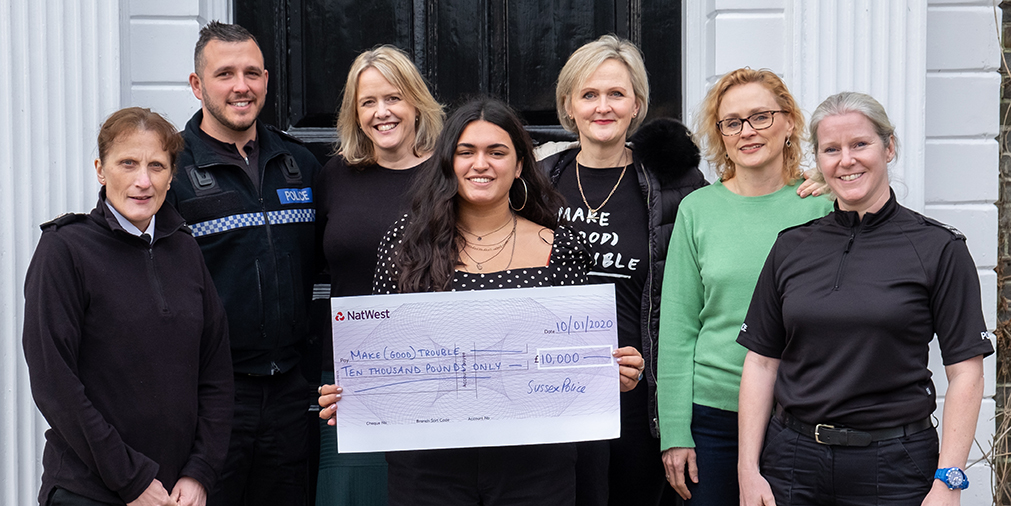How do young people deal with loss? How can parents, who may be grieving themselves, help their teens to cope? Does grief affect teens differently? These are all issues covered in this week’s Raising Teens.
Our guests were Ross Cormack from Winston’s Wish, a charity giving help to grieving children, authors Mark Lemon and Martin Spinelli, and parent Helen.
🔊 Listen to Raising Teens: Grief
🔊 Hear Lola’s extended interview with a teen who has experienced grief
Our guests’ advice
Ross Cormack
Help them understand that what they’re going through is normal. Give them reassurance, listen, but don’t try to make it better. Be along side them.
Martin Spinelli
Listen and listen honestly. Engage honestly. You won’t have all the answers. It’s a process
Helen
Your teen might not want to talk, but you can just be there for them. And sometimes they will help you with your grief.
Mark Lemon
It doesn’t always have to be about words – remember the power of a hug. And honesty dispels a lot of anxiety.
Help & Advice
Winston’s Wish offers help and advice to grieving children with local drop-in sessions, online chat and email support
Free national helpline: 0808 802 0021
Hope Again, the youth website of Cruse Bereavement Care
Free national helpline: 0808 808 1677 Monday to Friday, 9.30am to 5pm, or email hopeagain@cruse.org.uk
Martin Spinelli’s book, After the Crash, is “a handbook for dealing with disaster—not just surviving it but mastering it and using it to transform your life for the better.”
Listen to Mark Lemon’s brilliant podcast, Grief is my Superpower is designed to help young people and adults through grief. His books for children are at Lemondrop Books, in particular, The Magical Wood, which deals with grief: “a story about loss, friendship and hope”.

